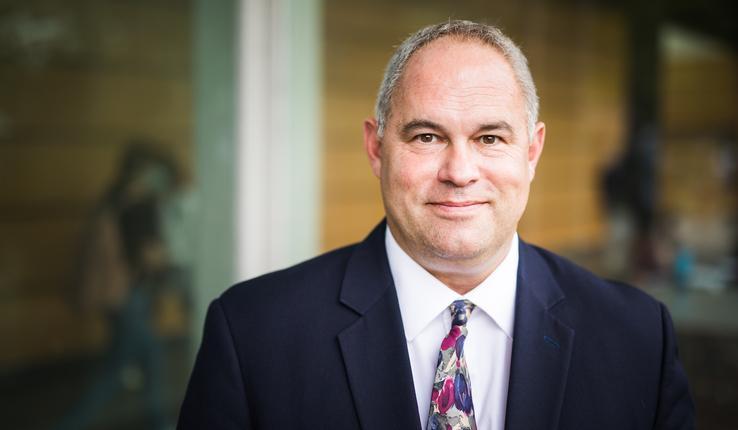Theranos whistleblower Tyler Shultz will deliver the third Peter S. Hagerman ’61 Lecture in Ethics on Tuesday, Sept. 24, at 8 p.m. in Packard Lab, Room 101. Shultz is best known for exposing problems with the Theranos’ blood-testing device touted by the company’s founder Elizabeth Holmes.
The event, which is sponsored by Lehigh's Center for Ethics, is free and open to the public.
The 28-year-old Schultz, who was named to Forbes “30 Under 30” Health Care list in 2017, will discuss his time at Theranos, his efforts to expose the company, the importance of company transparency in the workforce and Silicon Valley culture.
Graduate student Gill Andrews, a member of Lehigh’s Center for Ethics Student Advisory Committee, will facilitate the conversation with Shultz, allowing attendees to ask questions.
Robin Dillon, professor of philosophy and director of the Center for Ethics, said the presentation will emphasize the need for ethical leadership in the workforce and demonstrate the implications of people’s actions.
“One needs only to look closer, really, at the world, to see how very important it is that people in leadership positions think seriously about the ethical dimensions of what they're doing,” she said.
In 2014, after working at Theranos for eight months, Shultz began to realize that Holmes was misleading investors and hiding the truth about the accuracy of the blood testing machine.
Holmes’ unethical actions drove Shultz to expose the corrupt blood-testing start-up. After revealing the company's secrets to a public health lab in New York, he became a confidential source for articles in the Wall Street Journal written by John Carryrou and eventually was featured in Carryrou’s best-selling book, “Bad Blood”.
Despite backlash from his grandfather, George Shultz, former U.S. secretary of state and an investor in Theranos, and Holmes herself, Shultz nonetheless chose to speak up about what he knew.
Before Shultz blew the whistle, Theranos was valued at $9 billion. Now, Holmes, who is awaiting trial set for August 2020, could face up to 20 years in prison for fraud.
Dillon said that Shultz’s young age was a factor in choosing him as the speaker for the annual lecture. She hopes his age will help students relate to him and learn from him.
“He was still at Stanford when he started working for Theranos,” Dillon said. “So, the age of our students now, and having to face this really difficult decision and to carry it off so well and courageously, this is the perfect person [to bring to campus].”
Shultz is continuing his ventures in the biotech industry. He is the co-founder of the start-up Flux Biosciences, a medical diagnostics company. Shultz also has launched an organization called Ethics in Entrepreneurship to help entrepreneurs avoid mistakes and be able to seek out ethical solutions.
Previous speakers for the Hagerman lecture series included Samantha Power, former U.S. ambassador to the United Nations, who spoke to the topic of “Changing Your Slice of the World,” and Carly Fiorina, former CEO of Hewlett-Packard and former Republican presidential candidate, who spoke on “Why Ethics and Respect Matter”.
The Hagerman Lecture and the Center for Ethics are funded in part by the endowment fund for the Teaching of Ethical Decision-Making.
Story by Kelley Barrett





